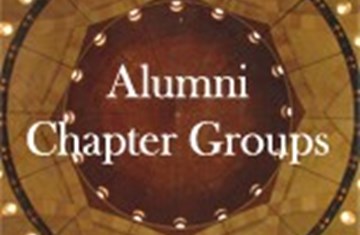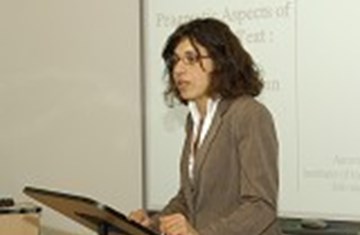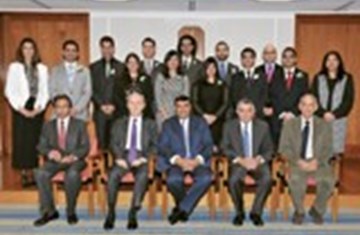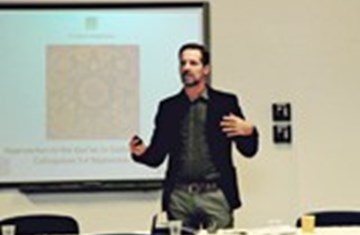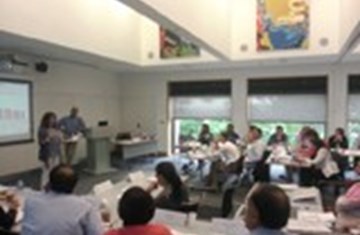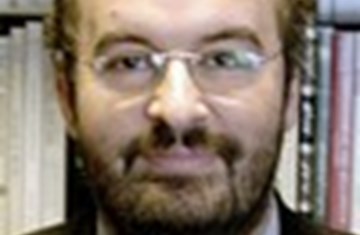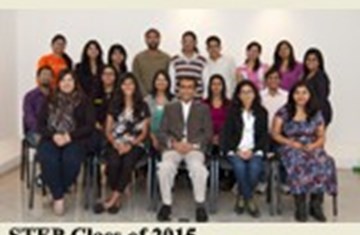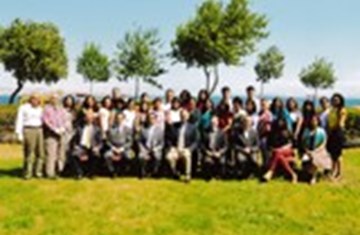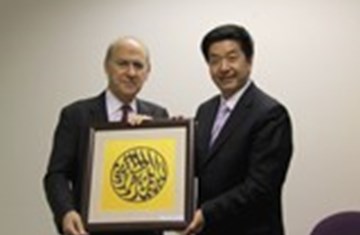Azim Nanji inaugurates Abrahamic Initiative Lectures
“At a time when attention about the Muslim world is focussed on images of violence and conflict,” said Professor Nanji, “the larger, cultural world of Muslim contributions to art, architecture, music and design, tends very often to be overlooked.” By examining the rich artistic heritage of Islam, the presentation illustrated the aesthetic dimension of the Muslim quest for beauty as an expression of faith and culture.
“‘God is beautiful and loves beauty,’ is a saying attributed to the Prophet Muhammad. From the gardens of the Alhambra in Spain to the Taj Mahal in India and the grand Friday mosques of Mali in West Africa, Muslims have sought to translate this ideal through art, architecture and a variety of other cultural forms.”
The Chautauqua Institution’s Abrahamic Program seeks to catalyse the processes of bridge-building, mutual understanding and friendship between Jews, Christians and Muslims through lectures, seminars, debates as well as the performing and fine arts. Its interfaith outlook allows it, according to a recent report, to be “better positioned than most congregations or communities to play a significant part in the religious education of North American culture.” Through the programme, the Institution seeks to develop programmatic experiences in which Jews, Christians and Muslims can find points of agreement and work together on a range of issues.
The year’s lecture series is intended to act as a primer on Islam and is presented by Karen Armstrong, a noted author, lecturer and religious affairs commentator, who will spend the summer season as Chautauqua’s “theologian in residence.” Each of the nine weeks will present Islam through a different lens and will be conducted by an eminent scholar in the field. Speakers include Gulzar Haider, Azizah al-Hibri, Laila al-Marayati, Vali Nasr, Ali S. Asani, Vincent Cornell, Sulayman Nyang and Raficq Abdulla.
The Chautauqua Assembly, later known as the Chautauqua Institution, was founded by John Heyl Vincent and Lewis Miller in 1874, and quickly achieved prominence as a national forum on public issues, international relations, literature and science. In 1999, the Institution inaugurated the Abrahamic Initiative, now known as the Abrahamic Program to play an active role in the religious education of North American culture and to demonstrate what it means to live in and respond to contemporary religious pluralism.

